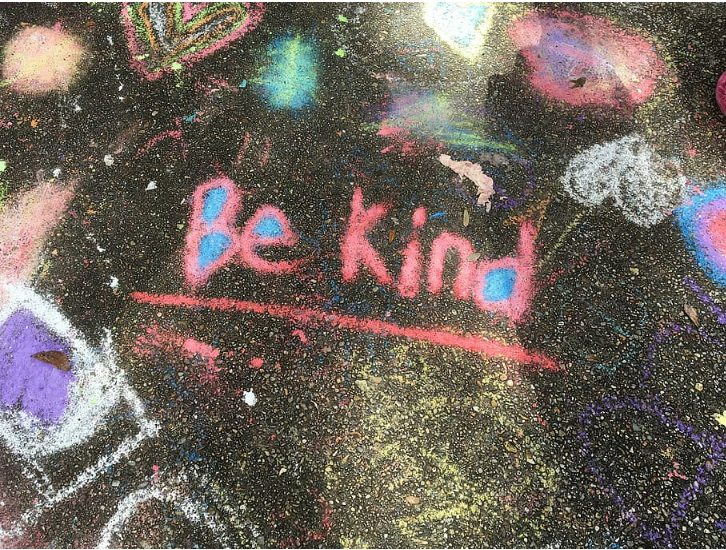
No cause, no cure, no control – but coping with compassion!

Some time ago, I wrote about the 4 C’s for families: The family didn’t cause the mental illness or substance use, can’t control or cure it, but can cope with it. At a recent Family Connections support group, a participant added another C: compassion.
Coping is important but it can have a certain bare-bones, practical ring to it. Adding compassion to it brings a deeper, caring (another C!) aspect. Specifically, I’m proposing mindful self compassion.
The concept of mindful self compassion has been developed by Kristin Neff and Chris Germer. It has three aspects:
- Self kindness
- Common Humanity
- Mindfulness
Self Kindness
We can bring self kindness to ourselves whenever we feel discomfort, be it the intense grief from feeling hopeless over our loved one’s future, or just a mild irritation because we forgot something. Self kindness is particularly interesting in those moments when we think we should be able to handle things, when we say to ourselves “it’s not such a big deal” or “I just have to do XYZ.” When life falls short of our hopes and expectations, the disappointment, anger or hurt is real, and acknowledging that reality brings peace and healing. Treat yourself like you would treat your best friend, your beloved old aunt, or a disappointed like child.
Common Humanity
One of the main reasons why support groups are so useful is because they remind us that we’re not alone. And we need that reminder constantly because most of us have this tendency to feel isolated in our suffering – even though suffering is something that we all have in common. But rather than saying, “my pain/frustration/loss is not special” and therefore needs to be ignored, we can turn this commonality around and acknowledge that we are not alone in it. I remember when I suffered from intense flight anxiety and one of the things that helped me was to think of others who might be afraid at the same time, in other places, for other reasons, and that connection calmed me down. We are creatures of belonging.
Mindfulness
In mindfulness, we neither identify with nor run away from our experiences. Rather, we watch our thoughts and feelings with interest and care, but without getting entangled with them. Some examples: “Ah, here comes fear.” “I’m having this thought that I shouldn’t complain.” “My back hurts and the rest of my body feels comfortable.” “There’s this excitement again, I can feel it bubble up in my throat.”
If you’d like to learn more about self compassion:

